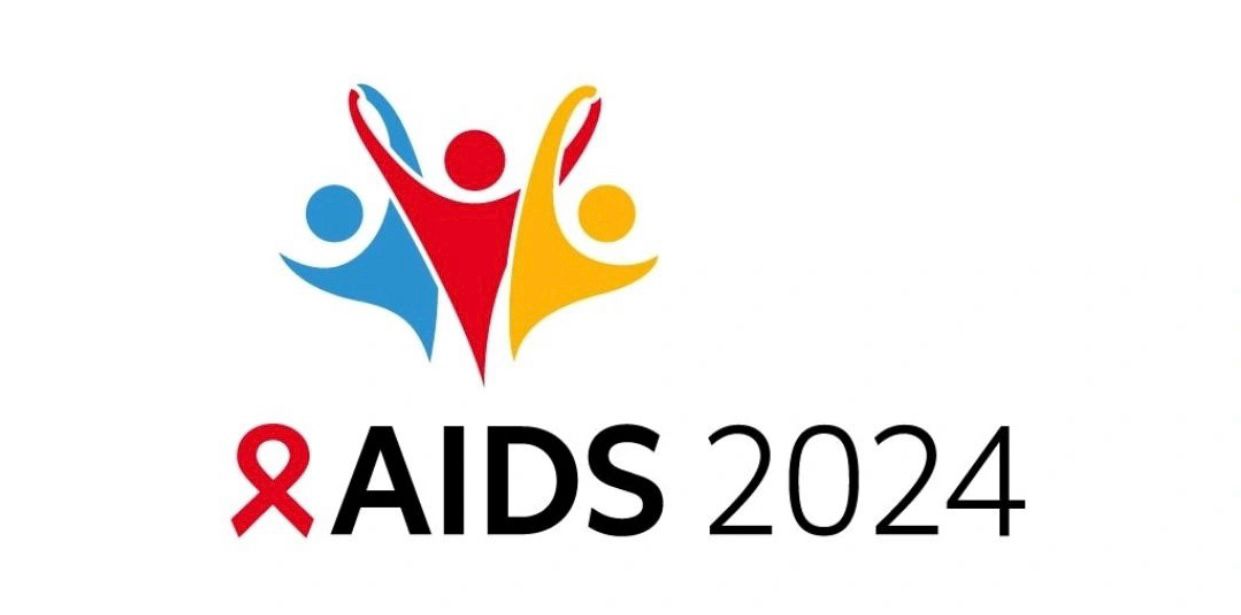The 25th International AIDS Conference, AIDS 2024, Munich, Germany, and Virtually

The Person-Centered HIV Research Team (PeCHIVReT) was honored to participate in the 25th international AIDS 2024 conference, held in Munich, Germany from 22nd to 26th July 2024. Representing the team were Dr. AbdulMuminu Isah, the Principal Investigator, and Nwachuya Chukwuemeka, the Research Coordinator. As part of the event, PeCHIVReT hosted a Global Village session titled "Doxy-PEP in Resource-Limited Settings: The Standpoint." This session, chaired by Prof. Jennifer Cocohoba and featuring Prof. Chukwuemeka Ubaka as a speaker, sparked engaging conversations with policymakers and key stakeholders. The discussions explored the delicate balance between addressing antimicrobial resistance (AMR) concerns and the use of doxycycline as post-exposure prophylaxis (PEP) in resource-limited settings. It was a wonderful opportunity to highlight the critical role of communities and policymakers in creating equitable and effective HIV responses.
In addition to the Global Village session, PeCHIVReT presented its research findings through an abstract presentation titled "A Cross-Sectional Assessment of Mental Health, Perceived Risks, and Actual Risks of Acquisition of HIV Among Female Sex Workers in a Nigerian Semi-Urban Community." This presentation shared valuable insights into the intersection of mental health and HIV risk, shedding light on the challenges faced by female sex workers in semi-urban areas. The research highlighted the importance of addressing mental health as part of a holistic HIV prevention and care strategy, especially in underserved communities.
The conference, themed “Put People First,” opened with an inspiring pre-conference. One of the standout sessions focused on mucosal immunity and its role in HIV prevention, led by IAVI. Discussions around potential HIV vaccines were especially thought-provoking, showcasing innovative immune strategies that are paving the way for progress in this area. During the main conference, the plenary session on HIV prevention strategies provided updates on vaccines, the implementation of PrEP in low- and middle-income countries, and emphasized the importance of community-based research. The session made it clear that communities are experts in their own right and must be included in health research and policymaking, particularly in the HIV response.
Another highlight was the symposium on advancements in gene therapy for an HIV cure, which revealed exciting developments. The presentation of the “next Berlin patient,” involving a donor with a heterozygous CCR5-delta-32 mutation, marked a major step forward in scalable HIV cure strategies. Stigma was also a critical topic, with data showing how discriminatory attitudes continue to hinder HIV care, especially in African countries. Addressing stigma remains a vital part of improving outcomes and encouraging engagement in HIV prevention and treatment.
Equally exciting were the updates on long-acting HIV prevention methods. The PURPOSE 1 trial, presented by Prof. Linda-Gail Bekker, demonstrated 100% efficacy of six-monthly injectable lenacapavir for cisgender women. If approved, this groundbreaking approach could significantly accelerate global HIV prevention efforts.
The conference was an invaluable opportunity to connect with experts and peers while gaining fresh insights into the latest developments in HIV prevention, treatment, and care. The knowledge gained will undoubtedly inform and strengthen PeCHIVReT’s mission to foster community-centered solutions and improve HIV outcomes in resource-limited settings. The team looks forward to applying these learnings to benefit local communities and continue contributing to the global fight against HIV.